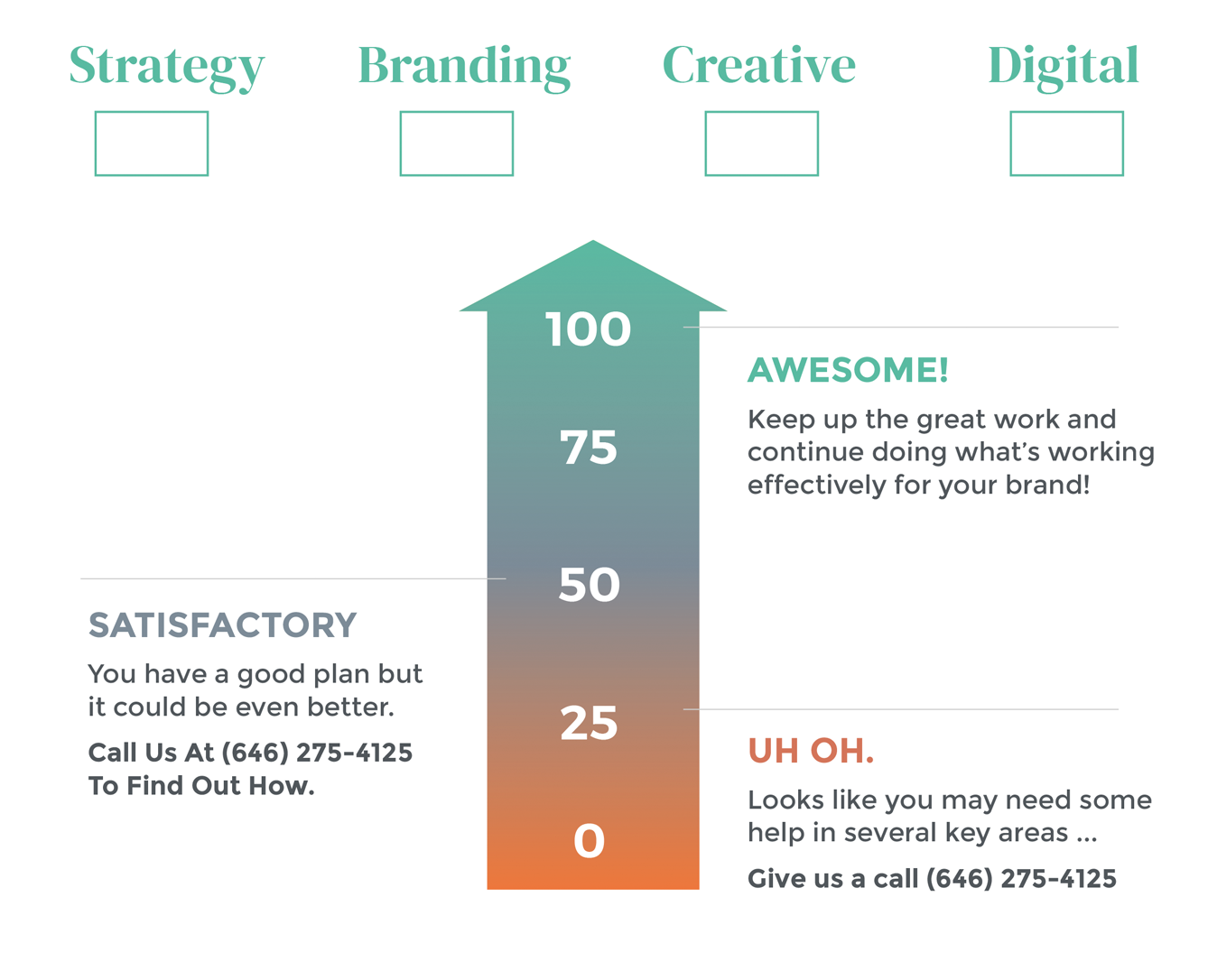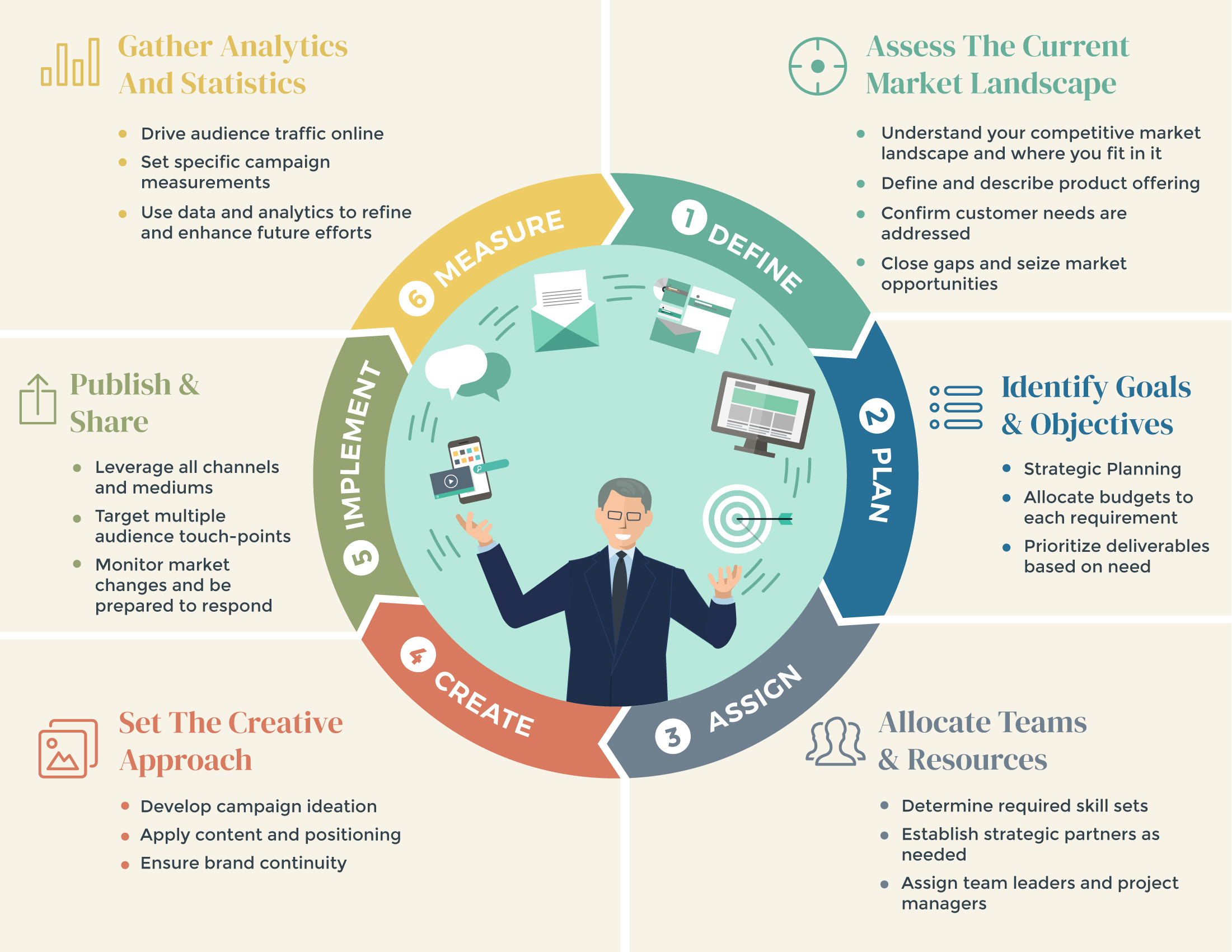Planning A Marketing Budget, Without a Crystal Ball!
“Planning is bringing the future into the present
so that you can do something about it now.”
Alan Lakein
(Author of How to get control of your time and your life)
It’s that time again, but we do not mean baseball playoffs, NFL football, or hockey.
Nor the back-to-school frenzy.
It’s the dreaded create-your-marketing-plan time, complete with a three-year projected budget, and all accomplished without the crystal ball you forgot at home.
These plans nearly always require extensive research, exhaustive interviews with top executives, in-depth analysis of past initiatives as against stated objectives – and, yes, budget projections (though, of all predictions, budget projections are harder to make, owing to continual industry fluctuations).
It’s OK to relax. Take a deep breath.
There’s a better, perhaps easier way to create a marketing plan, one that’s a bit more simplified, and it just might increase the likelihood of achieving your key marketing objectives.
It All Begins With A Strong Strategy
I have spent the last couple of decades in marketing, creating who-knows-how-many plans (I have lost count). Moreover, I have come to understand that you do not have to be an oracle to successfully predict, with a great degree of accuracy, the tools, resources, and activities that may yield the largest return on your marketing spend.
It boils down to asking the questions below.
Over the years, I have learned to help clients think about these questions and, being honest with their answers, discover how well they are doing.
- Do you know your industry and your market inside and out? And are you competitively positioned?
- Does your plan reflect (accurately) your most urgent or compelling priorities and therefore indicate what is required for competitive success?
- Have you identified and budgeted for the resources you will need?
- Can you truly reach your target audience? Do you have the right messaging, the right creative imagery, the right positioning to do so?
- Are your initiatives realistic but also challenging and achievable? Are you in the right channels to push those efforts?
- Do you have a safeguard in place – a dependable and consistent method of measuring key metrics like ROI, for example – that will raise red flags and help you adjust mid-course?
If you gave honest, confident answers, you are generally in great shape, and well on your way to a winning marketing plan. However, if some of these questions gave you pause, you may have a bit more to do.
Look Back and Move Forward
Identify what went right and what needs improvement:
- How did you measure against your stated goals last year?
- Did marketing advance lead generation?
- Did key messaging improve your ability to close deals?
- Do you know whether your branding and positioning gave you a competitive advantage?
After you consider these questions, take some time to square your answers with what you understand (or don’t) about your target audience. And don’t forget to look back at past disruptions in the market or your business to help anticipate future roadblocks.
Understand Your Business Objectives
Well-understood business objectives will lead to better-aligned marketing efforts. In turn, your marketing efforts will support and meet those business objectives. It’s a symbiotic relationship.
Say What You Mean and Mean What You Say
Taking your product or service and merely attaching a description to it is not enough to gain traction in the marketplace. In our WIIFM world (“What’s in it for me?”), successful companies vividly illustrate the value they bring to their customers. Recognize and validate your clients’ or customers’ difficulties and show – not just tell – how your offering solves or soothes those challenges.
Make a Date
Mark it on your calendar. A marketing calendar will help you manage the when, how, where, and what needs to be accomplished. The accessible, visual format of a marketing calendar allows for a review of work that needs to be completed and efficiently manage resources. However, don’t be surprised if priorities shift and change – as I wrote earlier, you may need to adjust mid-course.
What Is The Cost Of Success?
You would do well to square your vision with a clear-eyed assessment of its cost. A good place to begin creating your projected marketing budget is to review how you managed last year’s expenses.
Then ask yourself two simple questions:
- What works?
- What doesn’t?
A great marketing plan is a living, breathing document. It should help you react and adjust to an inherently unpredictable market. Validate your request with accurate figures that match success (as defined by your stated business objectives) to the cost of achieving those objectives.
What Does The Future Of Your Brand Look Like? Take Our Short Survey
Step through our lists and identify areas where you feel STRONG and areas where you feel IMPROVEMENT is needed. Finally measure your results to see how prepared you are.
Complete our survey to get our checklist or request it by email


